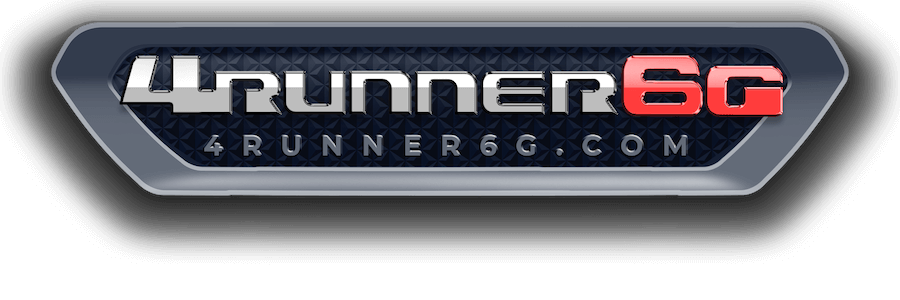Henry
Well-known member
- Thread starter
- #1
This was just posted by STILLEN. Impressive power gains (+20 hp / 14 lb-ft torque) just using premium gas (91 octane) vs. regular gas (87 octane).
BTW Toyota's official specs recommends regular fuel for the 2025 4Runner, so it's absolutely fine running 87 octane.
BTW Toyota's official specs recommends regular fuel for the 2025 4Runner, so it's absolutely fine running 87 octane.
87 vs. 91 Octane Fuel: STILLEN’s Kyle Millen reveals how fuel octane impacts the Tacoma’s 2.4L turbo engine, showing a 20-horsepower gain with premium fuel. Learn about octane ratings, real-world dyno results, fuel costs, warranty considerations, and why 91 or 93 octane is essential for maximum power, efficiency, and engine longevity—especially with TruControl or other performance upgrades. Don’t miss this must-watch guide for Tacoma owners!
Key Topics Covered:
What is octane, and why does it matter?
Impact of fuel quality on turbocharged engines.
Dyno-tested results: 87 vs. 91 octane on the Tacoma.
Why cheap gas could cost you more in the long run.
STILLEN's official fuel recommendations.
Last edited:
